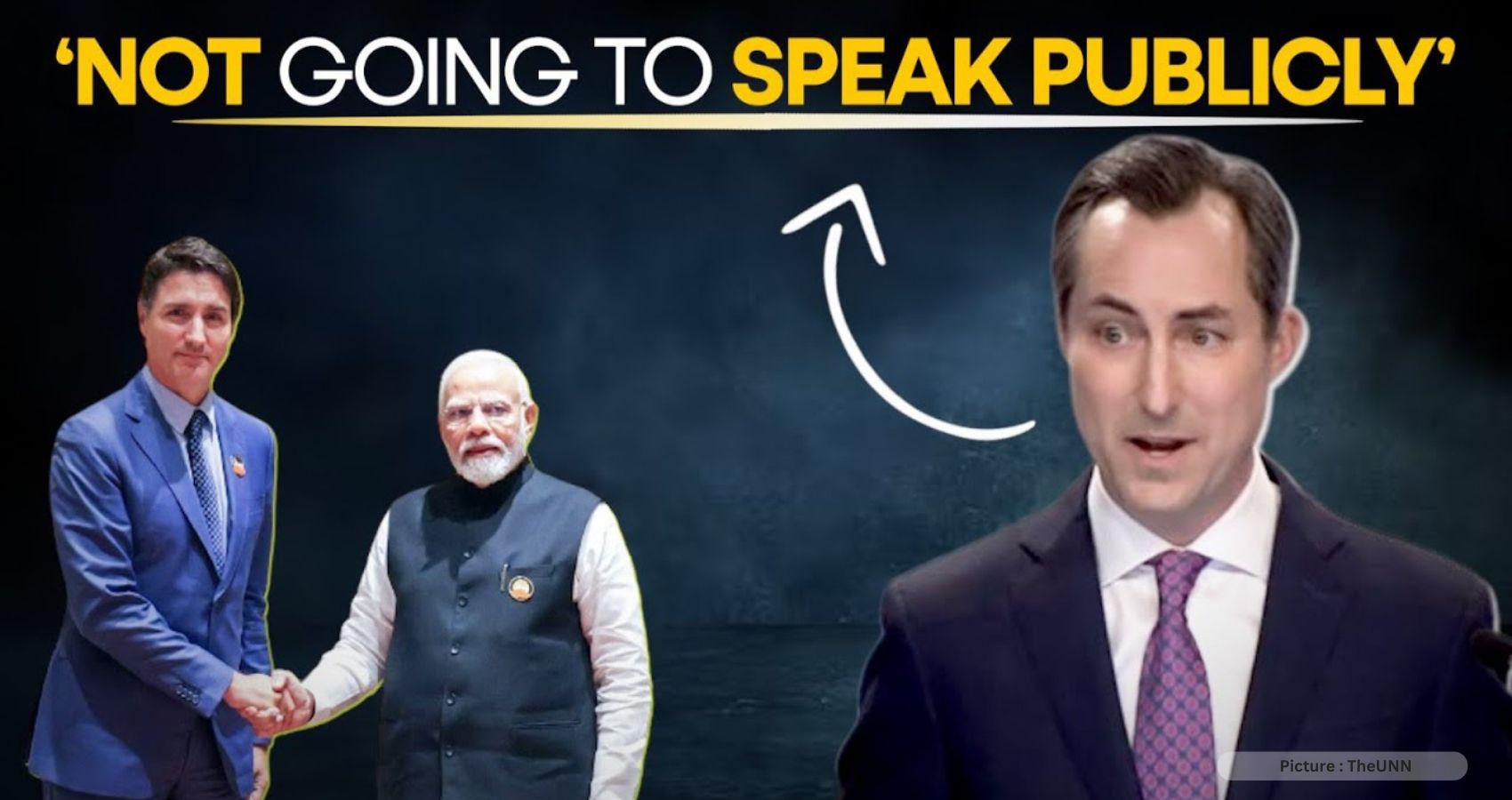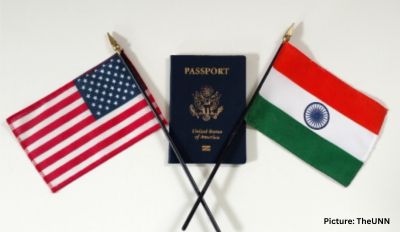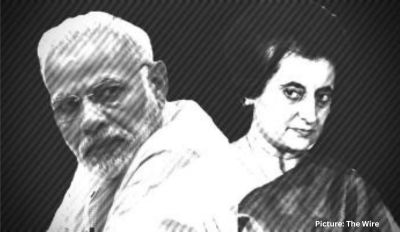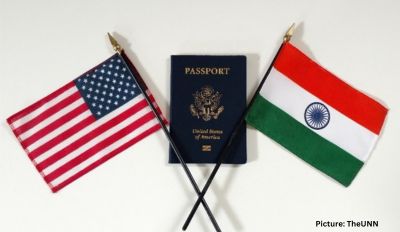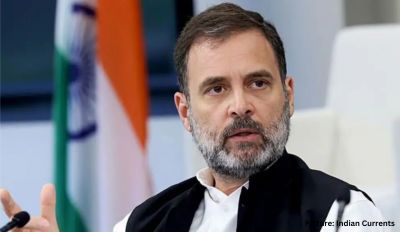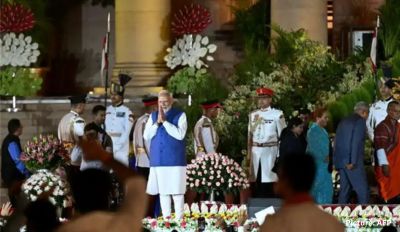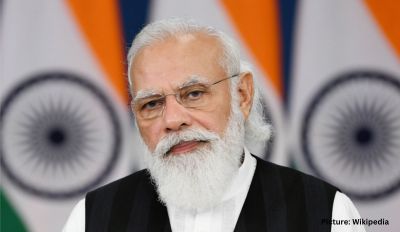Nearly five years ago, acting on a warrant from a federal judge in New York, Canadian police arrested a high-profile Chinese businesswoman, Meng Wanzhou, as she was changing planes at Vancouver’s international airport on her way from Hong Kong to Mexico City and points beyond.
The charges against Meng, the chief financial officer of Chinese mobile phone and electronics giant Huawei, had nothing to do with Canada. They involved allegations that she had knowingly used a Huawei subsidiary, Skycom, to do business with Iran in violation of U.S. sanctions against that country. In arresting her, Ottawa was merely complying with a U.S. request in accordance with standing extradition arrangements between the two countries. But it also complied for another, less tangible reason: Canada and the United States have long been among the world’s closest allies.
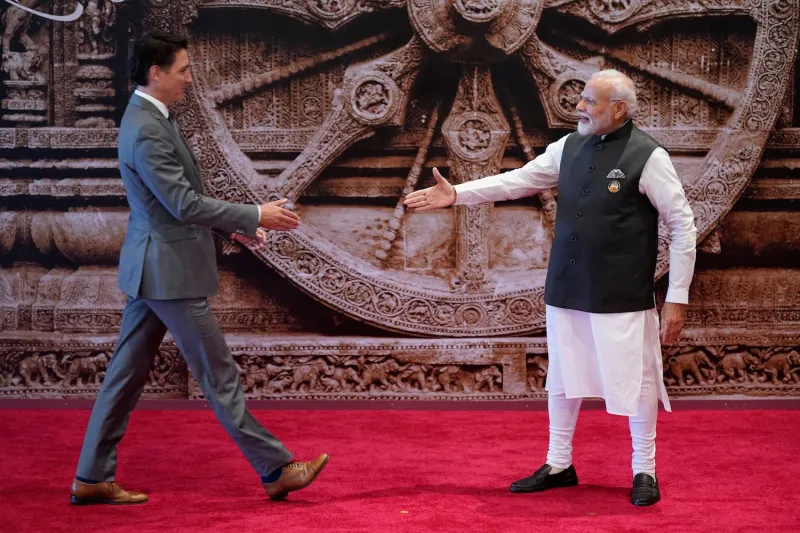
The economic, military, and civilian ties linking two countries with similar histories, and which stretch along either side of the world’s longest border, is so solid that one hears little hyperventilation or chest-beating about it in either country. It’s nothing like the United States’ relationship with Britain, which seems to require constant political reminders of the greatness of their partnership, or with Japan, which gets its own slightly less ritualized restatements of its importance to the United States.
In fact, Canada paid a high price for living up to its side of the relationship with Washington. Beijing condemned Meng’s arrest as arbitrary and illegal, warning Canada that there would be “grave consequences” for its actions. This proved no idle threat: Nine days after Meng’s arrest, China detained two Canadians, Michael Kovrig, a former diplomat, and Michael Spavor, an entrepreneur, on espionage charges. The two were held for the next three years, effectively as hostages, until Meng and her lawyers reached a deferred prosecution agreement with the U.S. government, allowing her to fly home. China, in return, released Kovrig and Spavor.
This saga, which consumed Canadian public attention from start to finish but rarely generated comparable attention south of Canada’s border, has been in my mind as I’ve watched Canada work its way through another sticky and delicate international spat. In this recent crisis, Prime Minister Justin Trudeau publicly expressed suspicion that India had been involved in the assassination of a Sikh activist named Hardeep Singh Nijjar on Canadian soil. This drew a furious response from New Delhi, resulting in the two countries expelling some of each other’s diplomats and India suspending new visas for Canadian applicants, among other measures.

